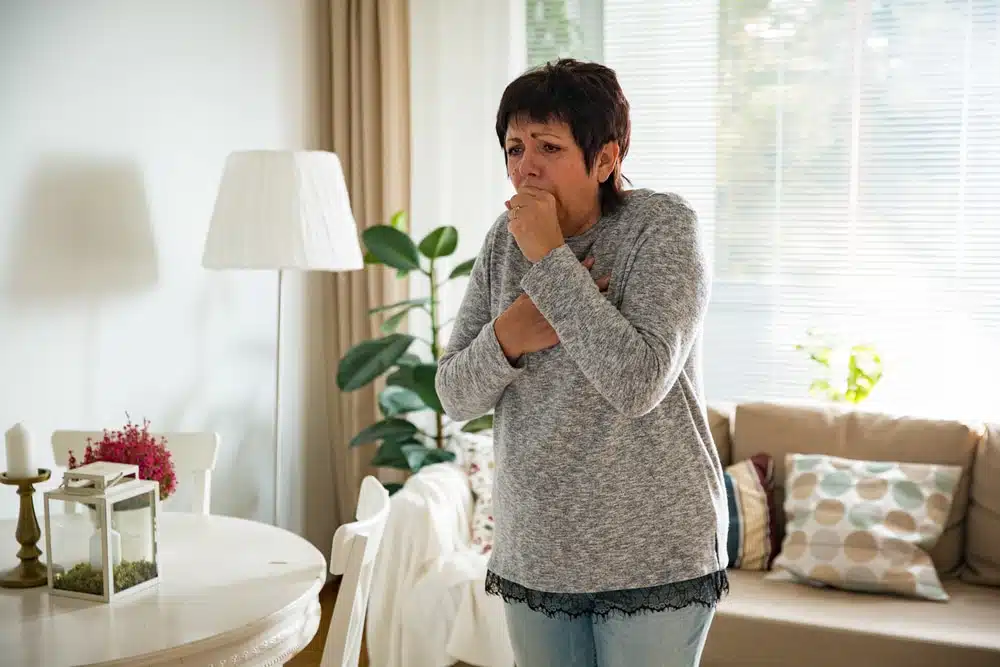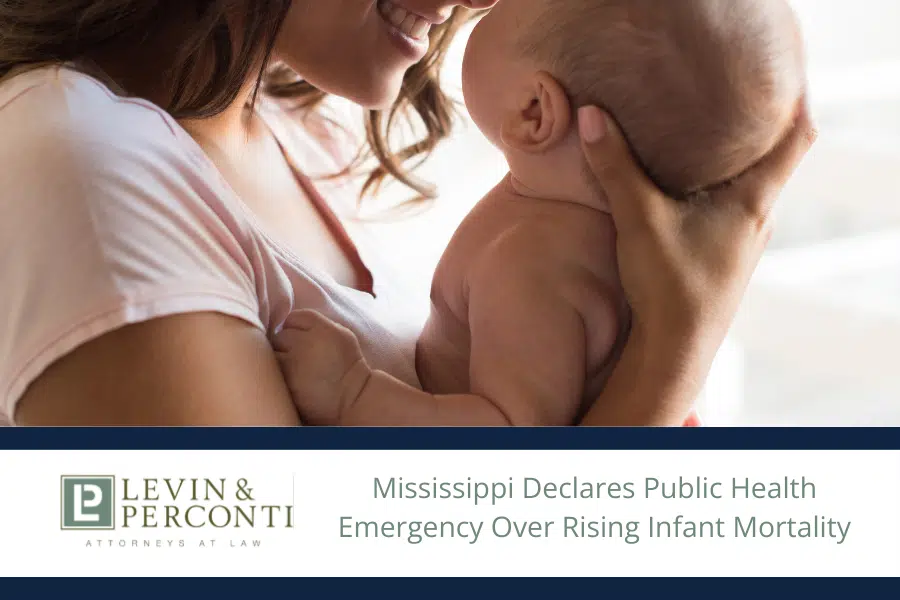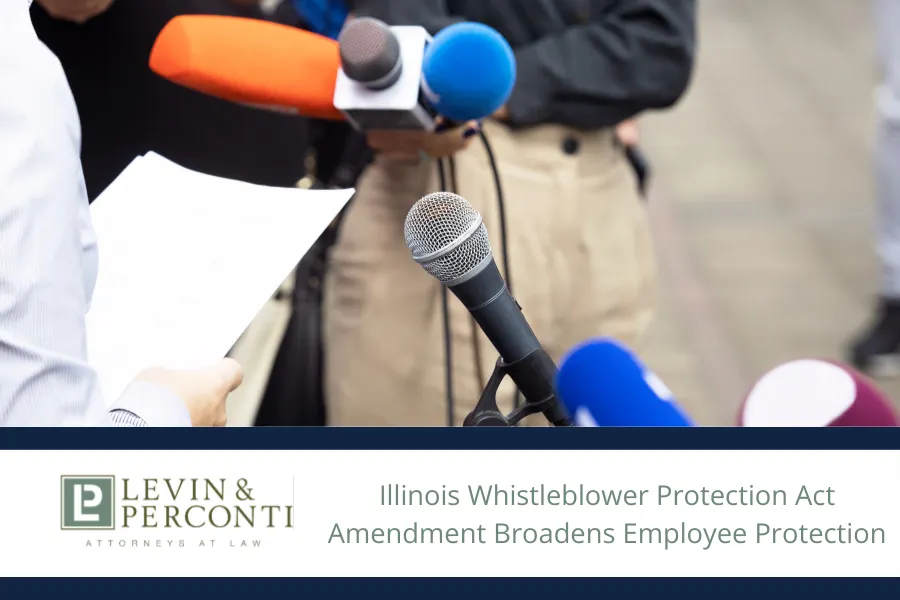
Content Reviewed by:
Steven M Levin
Content Reviewed by: Steven M Levin
Accordion Content
Since 1976, Steve Levin has been dedicated to helping people injured by others’ negligence. He is one of the first attorneys in the U.S. to prosecute nursing homes for abuse and negligence. He’s also helped write new legislation that governs the operation of nursing homes, including the Illinois Nursing Home Care Act. Moreover, Levin & Perconti has obtained the top three jury verdicts in nursing home negligence cases in Illinois.
Many flu-related deaths are preventable. When nursing homes allow residents to die from the flu through negligence, families have every right to demand accountability. An experienced nursing home flu deaths lawyer from Levin & Perconti can help you and your family seek justice and pursue the compensation you deserve.
Why Is the Flu So Dangerous in Nursing Homes?
People aged 65 or older are at increased risk of serious complications from the flu, especially if they’ve had a heart attack or stroke in the past. Despite accounting for only 6.5% of infections, older Americans made up more than half of all flu-related hospitalizations and over 68% of deaths in 2024, according to CDC data.
Factors that make nursing home residents more vulnerable to flu complications include:
- Weakened immune systems: Nursing home residents often cannot fight off infections as effectively as younger people, making them more likely to contract the flu during an outbreak and vulnerable to harsher outcomes.
- Chronic conditions: Many residents have other health problems, illnesses, or disabilities that may leave them immunocompromised or at greater risk of dying from a flu infection, such as diabetes, asthma, and chronic kidney disease.
- Close living quarters: With residents living closely together and many requiring daily assistance and interaction, flu can quickly spread throughout a nursing home.
Despite these difficulties, many flu outbreaks in nursing homes are preventable. If your loved one died from an outbreak because of negligence, our nursing home abuse lawyers can help.
What Are the Symptoms of the Flu in Elderly Nursing Home Residents?
Key symptoms of flu infection include:
- Fever or chills
- Coughing
- Shortness of breath
- Fatigue
- Headaches and muscle pain
- Sore throat
- Nasal congestion or a runny nose
- Confusion
Older individuals’ weakened immune systems or existing health problems can make symptoms appear more severe. The faster nursing home staff can detect and respond to flu symptoms, the more likely they are to prevent serious complications and avoid significant outbreaks.
How Do Flu Complications Become Fatal in Nursing Homes?
When left untreated, the flu can lead to severe complications that can be fatal, especially in older adults with pre-existing conditions. Serious and potentially deadly complications from flu infection in nursing homes can include:
- Pneumonia is an infection in the lungs that can affect individuals already dealing with the flu. It can cause the air sacs in the lungs to fill with pus, potentially blocking the flow of oxygen to the bloodstream, which can be fatal.
- Sepsis is a serious condition where the body’s response to a severe infection becomes hazardous in and of itself, causing inflammation and potentially damaging important organs. Sepsis is almost always life-threatening and requires immediate treatment.
- Flu infection can significantly increase the risk of heart attack or stroke in older adults, both of which are already leading causes of death. Conversely, having previously suffered a heart attack or stroke also makes older adults more likely to experience serious complications from the flu.
How Can Nursing Homes Prevent Flu Outbreaks?
The Illinois Department of Public Health (IDPH) provides guidance to help nursing homes avoid preventable infections and adequately respond to flu outbreaks. Key steps nursing homes can take to prevent the spread of the flu to vulnerable residents include:
- Vaccination: The IDPH recommends nursing homes provide vaccines for the flu and other illnesses to staff and residents before annual infections peak in the fall.
- Adequate supplies: Nursing homes should ensure they have enough supplies on hand to handle outbreaks, including hand sanitizer, personal protective equipment (PPE), and flu tests.
- Preventative measures: Nursing homes should take steps to ensure the facility is well-ventilated, recommend that staff and residents wear masks outside of their rooms, and educate residents and visitors on how to prevent infections.
- Testing and treatment: Homes should be ready to quickly test residents and provide medical treatment in the event of infections to help prevent further spread or serious complications.
- Outbreak response protocols: Residents with flu symptoms should be promptly isolated to private rooms to prevent further spread. During outbreaks, facilities should consider pausing the acceptance of any new residents and ensuring visitors follow policies to prevent further spread.
What Are Nursing Homes’ Legal Responsibilities During Flu Season?
Nursing homes owe a legal duty of care to their residents, as they are responsible for their safety. Failing to properly follow IDPH and CDC recommendations for controlling the spread of flu can expose nursing homes to liability for residents’ deaths. Failing to provide adequate staffing, vaccinate staff and residents, or quickly respond to infection symptoms can constitute negligence in the event of a flu outbreak.
Can I File a Lawsuit Against a Nursing Home for Flu-Related Negligence?
Yes, you can sue a nursing home for negligence and wrongful death after failing to prevent a loved one’s flu-related death. To prove a nursing home’s liability in a wrongful death suit, you must meet a series of legal elements:
- The home had a duty of care to its residents to keep them safe from harm
- The home breached its duty of care through negligence or carelessness
- The breach of duty directly led to the death of your loved one
- You and your loved one suffered compensable damages as a result of the nursing home’s actions
Our knowledgeable nursing home flu death lawyers can gather evidence and scrutinize the home’s policies and procedures to prove that the outbreak that led to your loved one’s death was preventable.
Contact a Nursing Home Flu Negligence Lawyer Today
If your loved one has suffered serious health complications or died because of a preventable flu outbreak, the experienced Illinois nursing home infection attorneys at Levin & Perconti can help you seek justice. Illinois’s statute of limitations is generally two years for nursing home abuse claims, starting from the date of the victim’s injury or death, so it’s important to take action immediately.
Contact us online or call (312) 332-2872 today for a free consultation with our trusted legal team.



